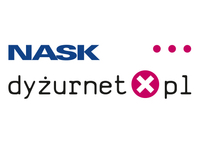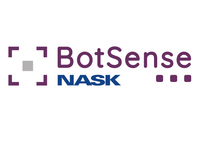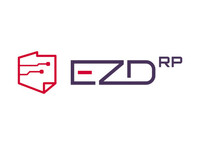Niewiadomska-Szynkiewicz, E; Sikora, A; Arabas, P; Malinowski, K
Optimization of traffic management in data networks is typically oriented towards maximizing throughput in congested networks, while providing for adequate transmission quality. Nowadays, energy awareness is an important aspect of the development of modern networks. Novel control and optimization strategies may be used to save the energy through adaptation of network capacity and resources to the current traffic load, while ensuring quality of service. In this paper, two control frameworks – centralized and hierarchical – for reducing energy consumption in computer networks are presented. The implementations of these frameworks provide the local control mechanisms that are implemented in the network devices level and network-wide control strategies implemented in the central control level. We discuss the limitations of these approaches and problems with their application to power control in real networks. Finally, we propose an efficient heuristic algorithm for calculating the power status of network devices and the energy-aware routing for recommended network configuration. The efficiency of presented control frameworks have been verified by simulations carried out on a number of synthetic network topologies. The implementation of the centralized control framework in the testbed network and results of laboratory tests are presented in the final part of the paper.












